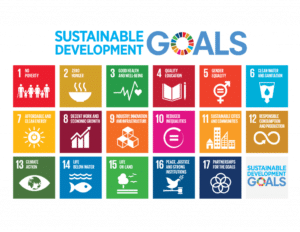Over a hundred billion dollars are spent on international aid each year. Most aid providers undergo periodic evaluations to assess their support. Have their policies worked? What priorities have guided aid? And what practices have been effective?
With such large sums of money circulating in the evaluation process, an aid evaluation industry has emerged. Formal evaluations are undertaken by “experts” who are hired by companies that bid on evaluation contracts. Sometimes universities themselves bid on the same contracts. And professors navigate the tricky terrain of research-for-hire. Many of FreshEd’s listeners have likely participated in an evaluation of an aid project. I know I have.
My guest today, Professor Joel Samoff, thinks it’s long overdue to “re-think evaluations, from conception through method to use.”
Joel Samoff is Adjunct Professor in the School of Humanities and Sciences at the Center for African Studies at Stanford University. He studies and teaches about development and underdevelopment, with a particular interest in education, and with a primary geographic focus on Africa. He has recently co-written a report for The Expert Group for Aid Studies entitled Capturing complexity and context: evaluating aid to education.
CORRECTIONS [January 31, 2017]: In the podcast, I state that there are “hundreds of billions of dollars” spent on aid each year. That number is likely exaggerated. A more accurate figure would be a hundred billion dollars (see here or here). Also, I misstated Joel Samoff’s title. Since Stanford University retired the title “Consulting Professor” in September 2016, his correct title should be “Adjunct Professor.” I’ve corrected the blog post accordingly and apologize for the mistakes in the podcast.
Citation: Samoff, Joel, interview with Will Brehm, FreshEd, 58, podcast audio, January 30, 2017. https://freshedpodcast.com/joelsamoff/
Transcript, Translation, Resources:
Read more

